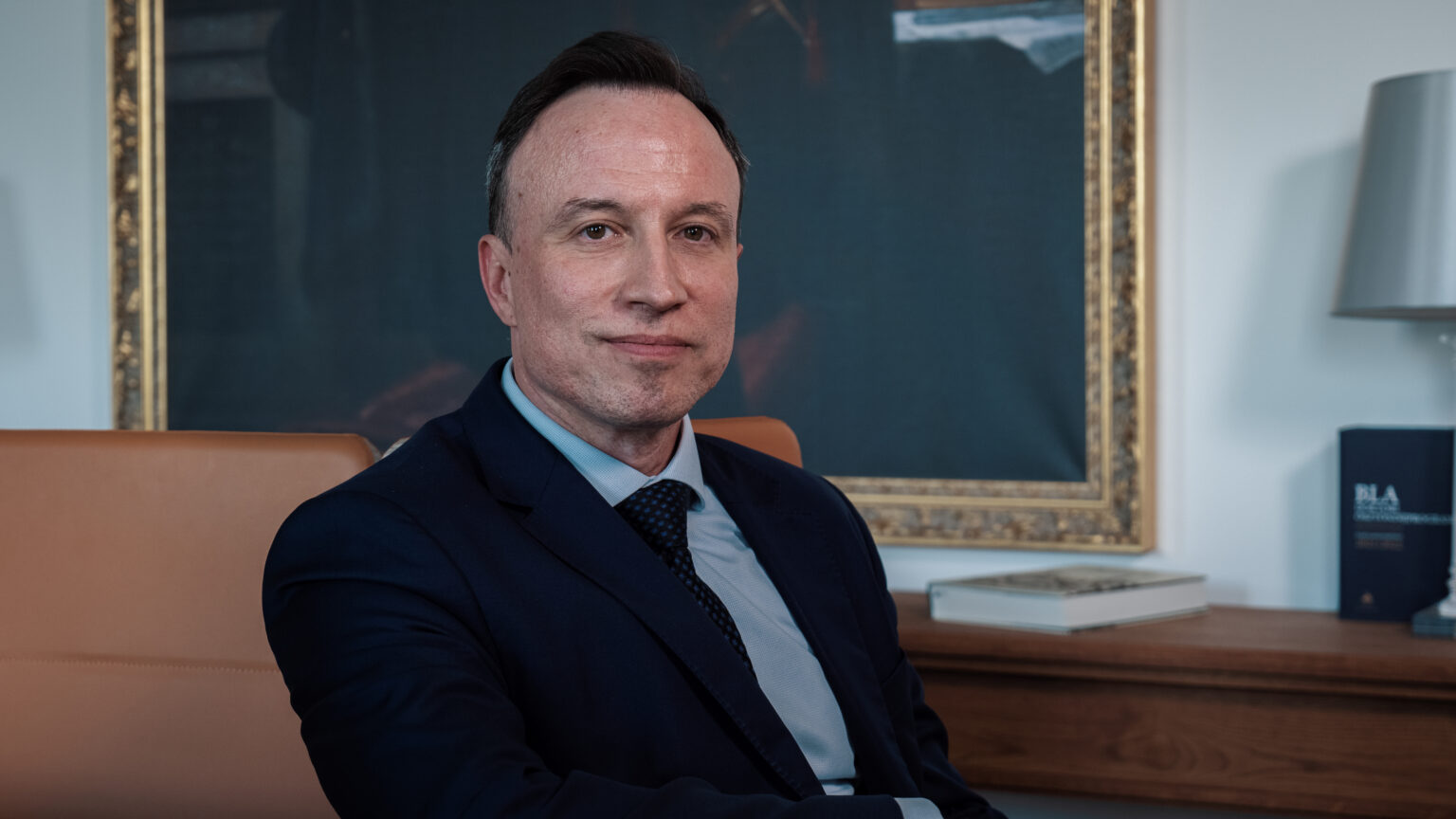
‘We can already assert with confidence that by the end of the decade, Richter is well positioned to become the leading gynaecological company in Europe,’ Gábor Orbán stated in an interview with Hungarian Conservative. The CEO of Gedeon Richter, the Hungary-based pharmaceutical giant, discussed the company’s successes in the US and global markets, as well as its future plans.
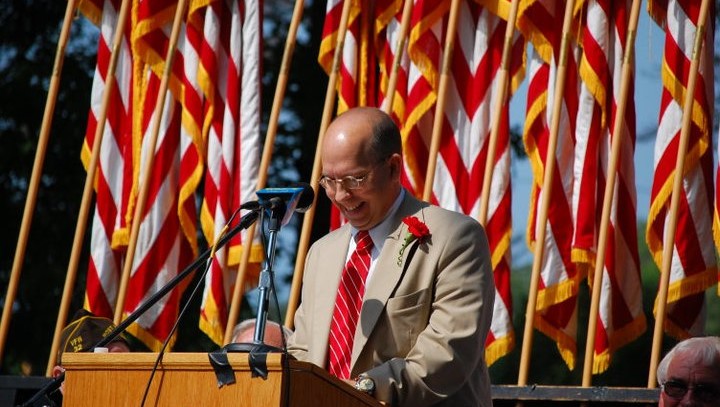
‘In October of 2021, in the same elementary school, the homoerotic book, All Boys Aren’t Blue by George Johnson, was an approved book in the school library. Parents were criticizing the book at a school board meeting, but what was tragically comical is that the local newspaper couldn’t accurately report on the book because of pornography laws.’
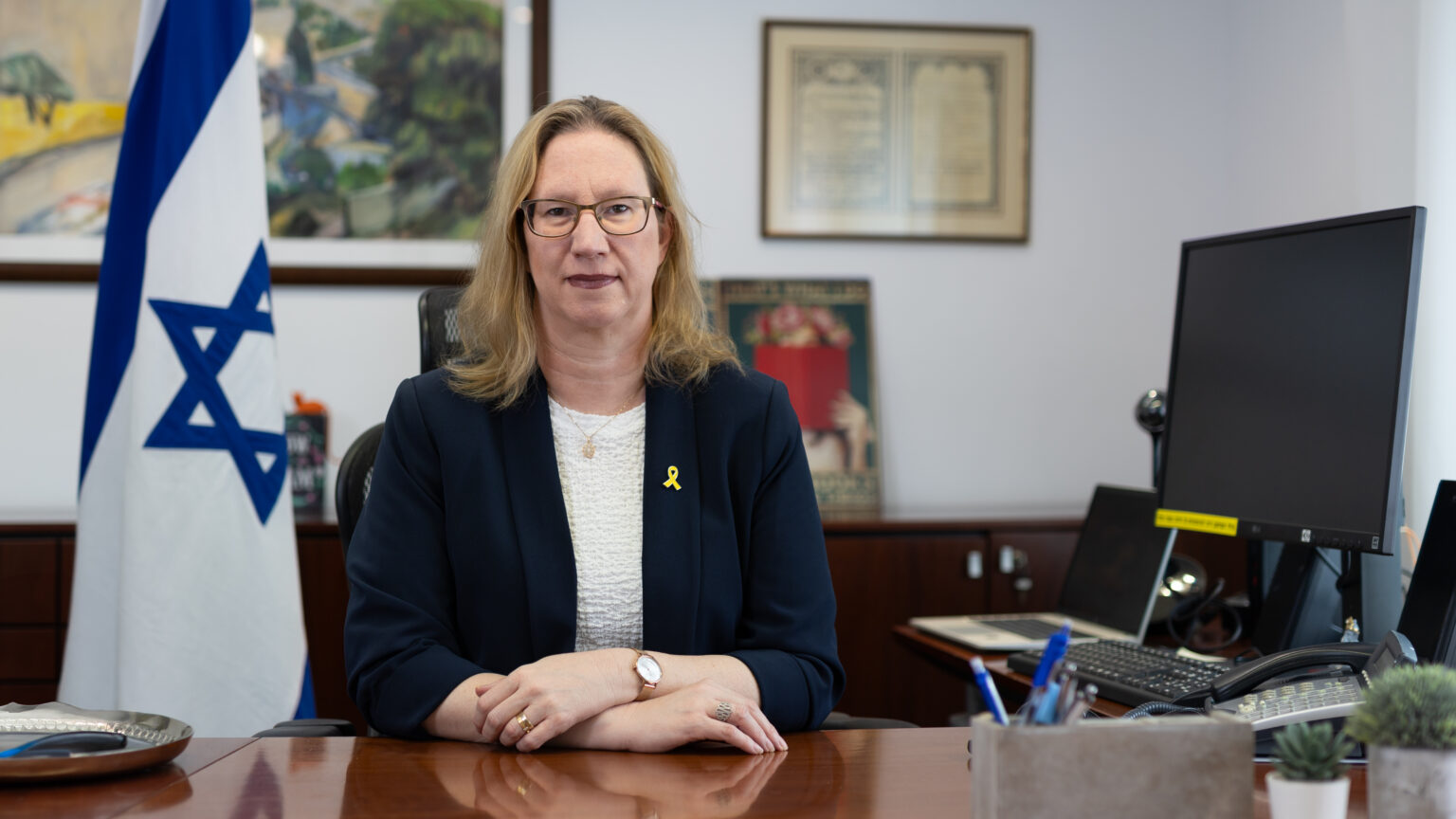
What is the message of the Washington, DC shooting? Will Israel change the course of its military operation in Gaza under international pressure? And why is Hungary an important ally for Israel? We asked Israel’s new ambassador to Hungary about the storm clouds gathering over the Jewish state.
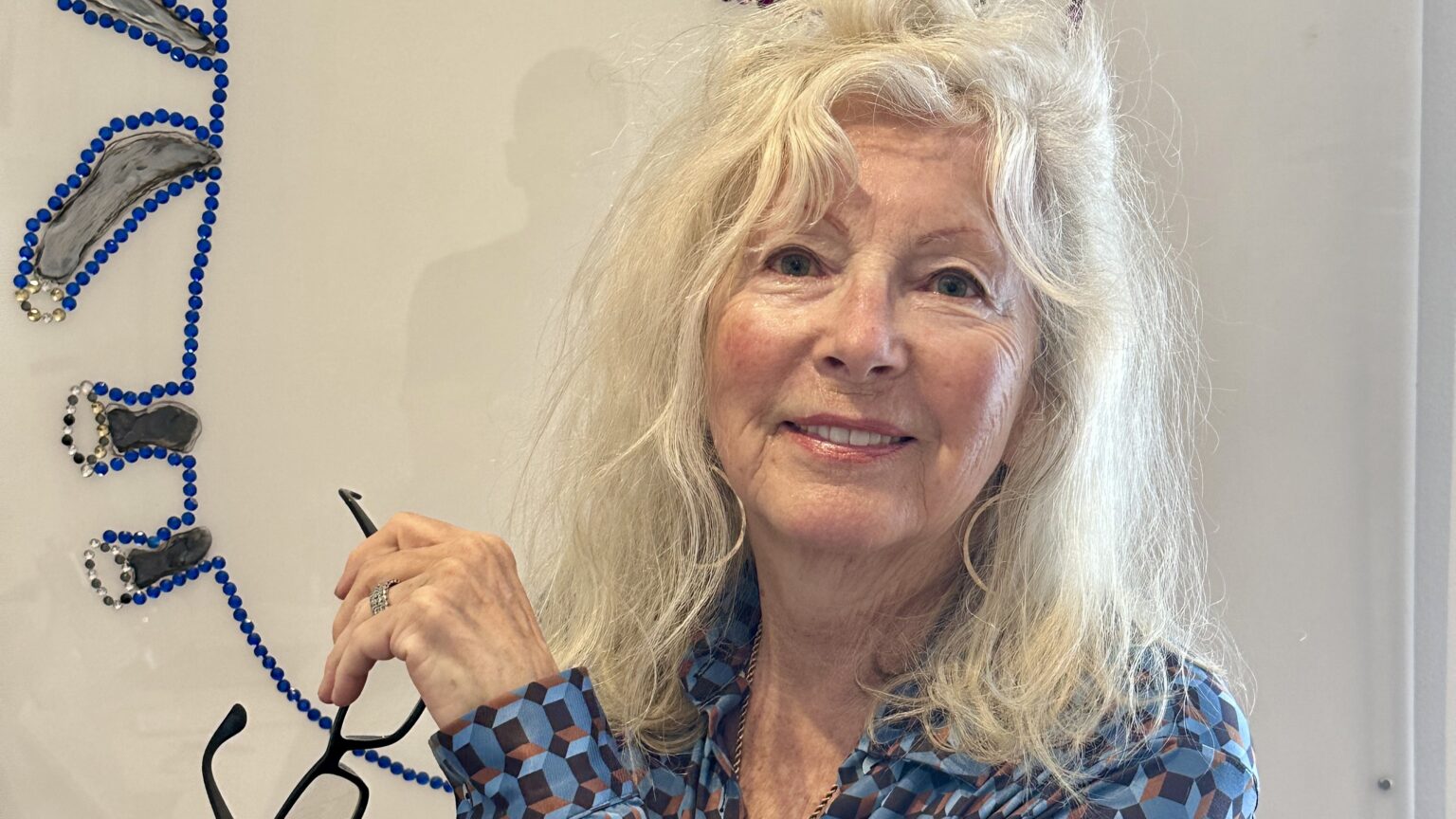
‘There are plenty of [contemporary] artists at home who are prepared and would otherwise fit in with the trend, but as it costs a lot to bring and keep their work here, [they] cannot really be present…they would rather have it in their portfolio that their work was out in New York.’
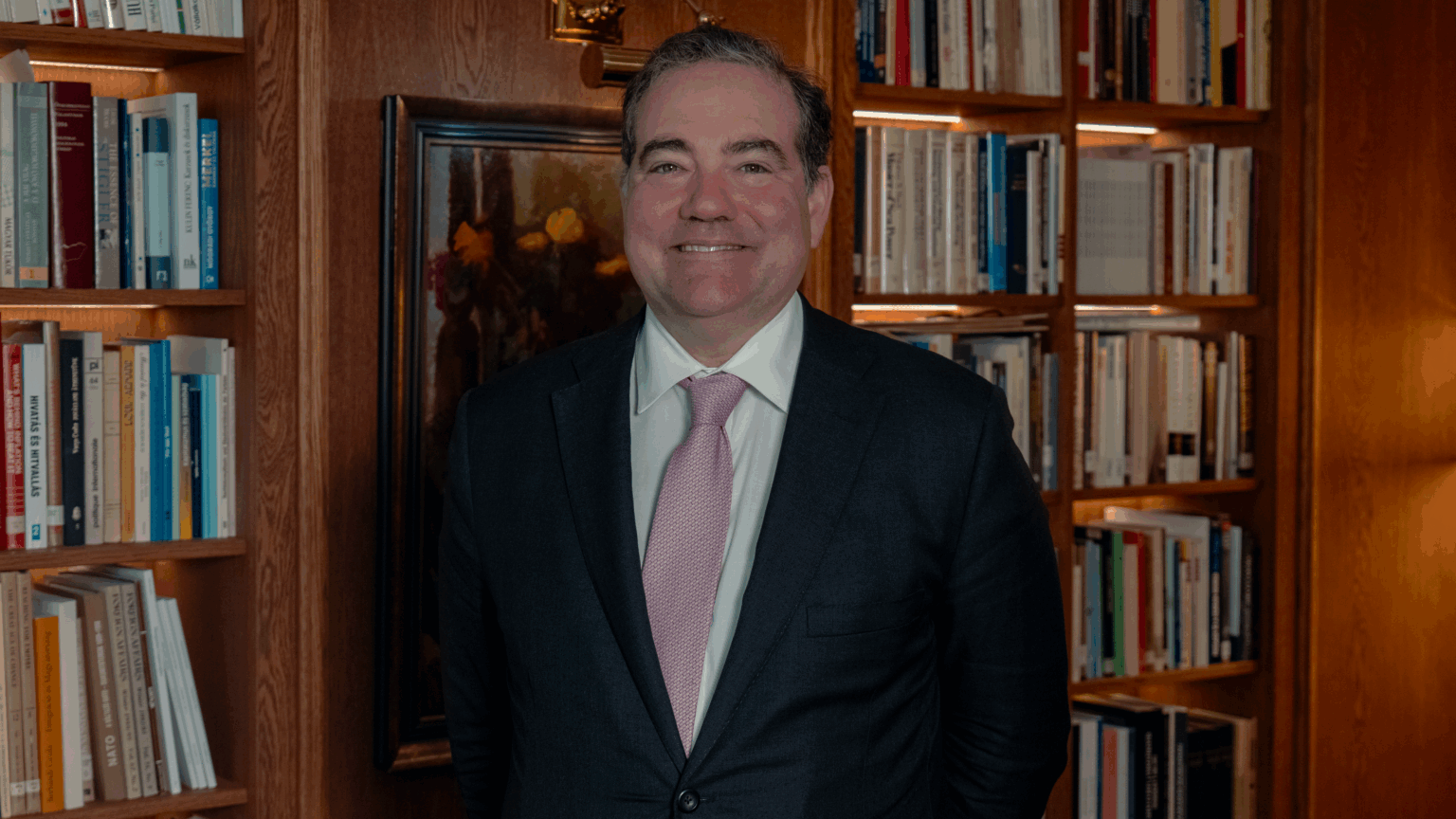
What is America’s interest in participating in the India–Middle East–Europe Economic Corridor (IMEC) project? What geopolitical benefits can this economic cooperation bring? And can the US reclaim global leadership through soft power? We spoke with a prominent American political analyst at the Danube Institute’s conference on the IMEC initiative.
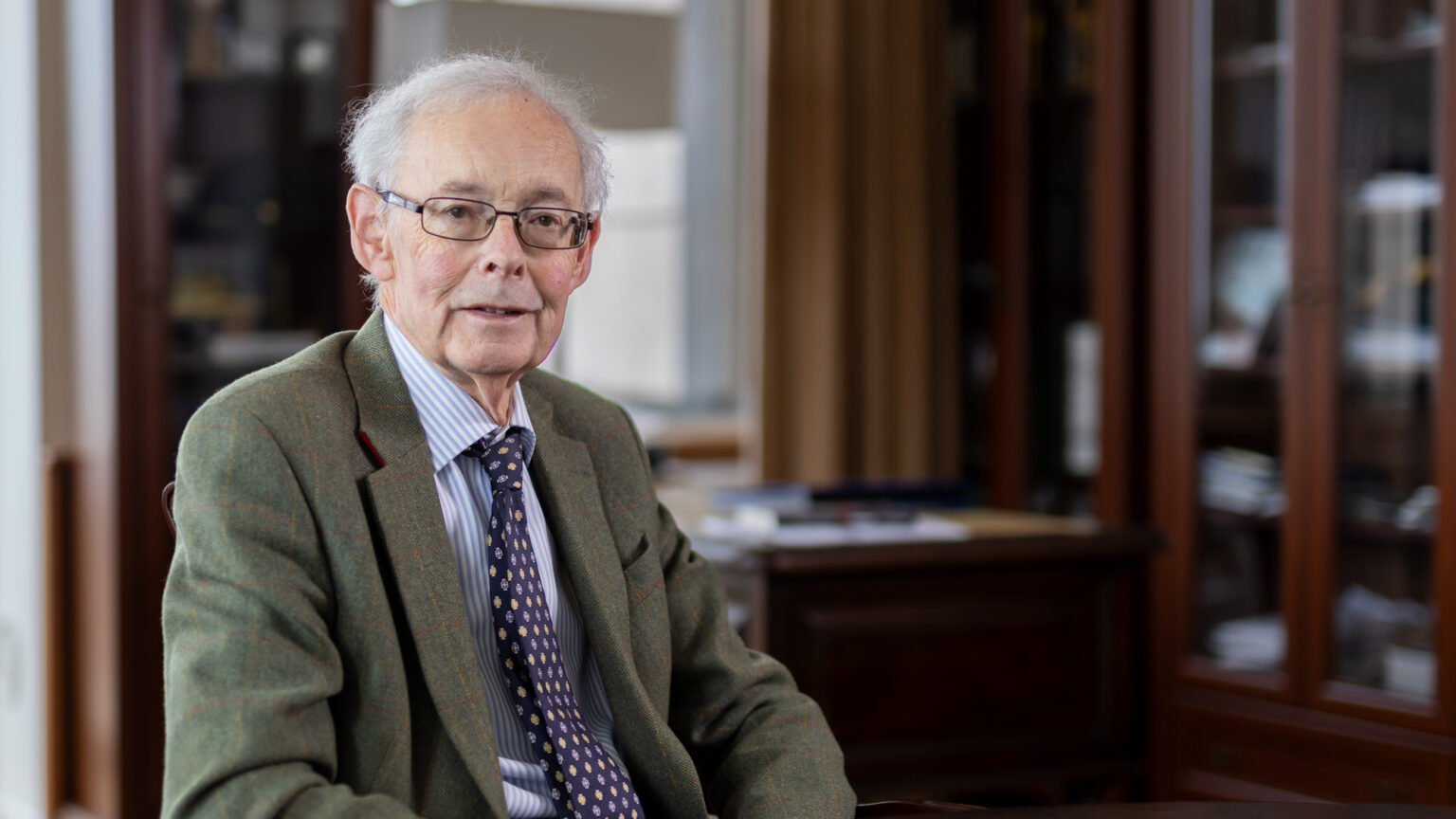
‘In my new book, I discuss Popper’s later thinking, which has been neglected. In his later thought, he proposed, first of all, a dualistic theory of the mind…He thought that we couldn’t explain or consider human behaviour simply in terms of the brain and the body. We had to consider what he called a self, acting above the brain, and causing the brain to react in various ways.’
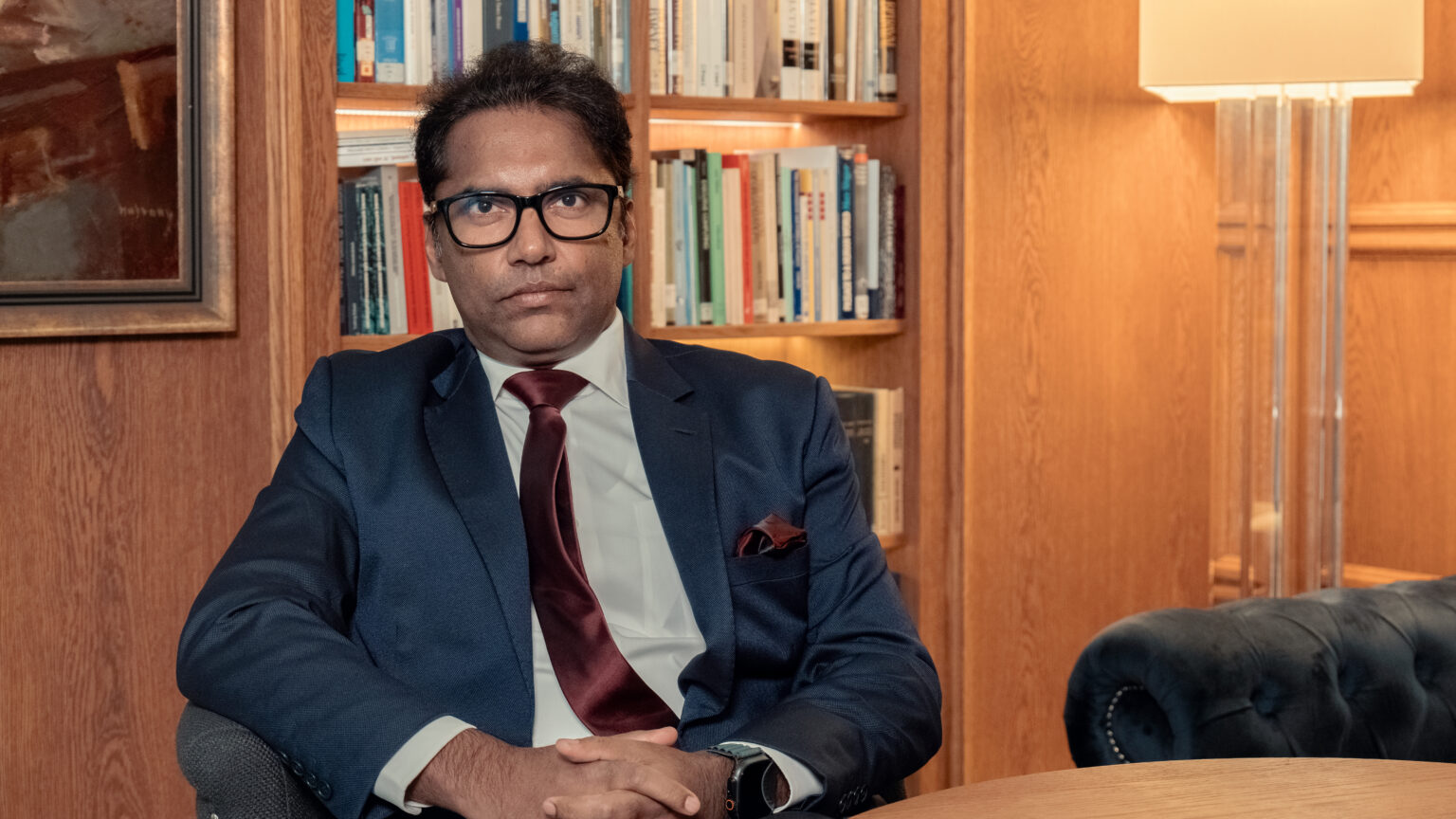
What drives India’s interest in the India–Middle East–Europe Economic Corridor (IMEC)? Could the project boost not just economic ties but also geopolitical cooperation—and signal a shift in India’s neutral stance toward a more Western alignment to counter China? We asked a leading Indian analyst at the Danube Institute’s IMEC conference.
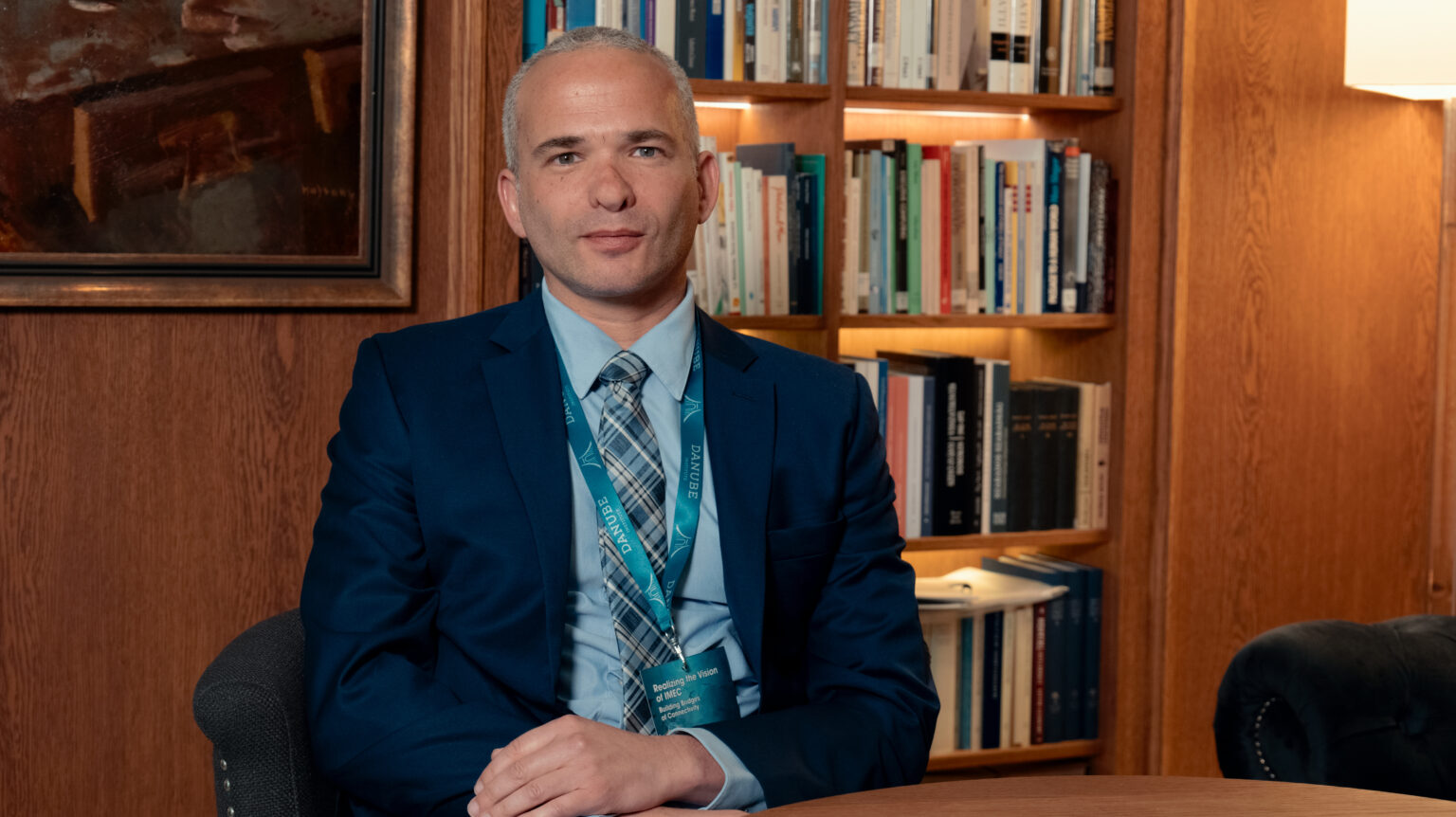
What is Israel’s interest in participating in the India–Middle East–Europe Economic Corridor (IMEC) project? Why is India or Saudi Arabia important for the Jewish state? And why is connectivity a wise idea? We spoke with the Senior Deputy Chief Economist for International Affairs at the Israeli Ministry of Finance at the Danube Institute’s conference on the IMEC initiative.
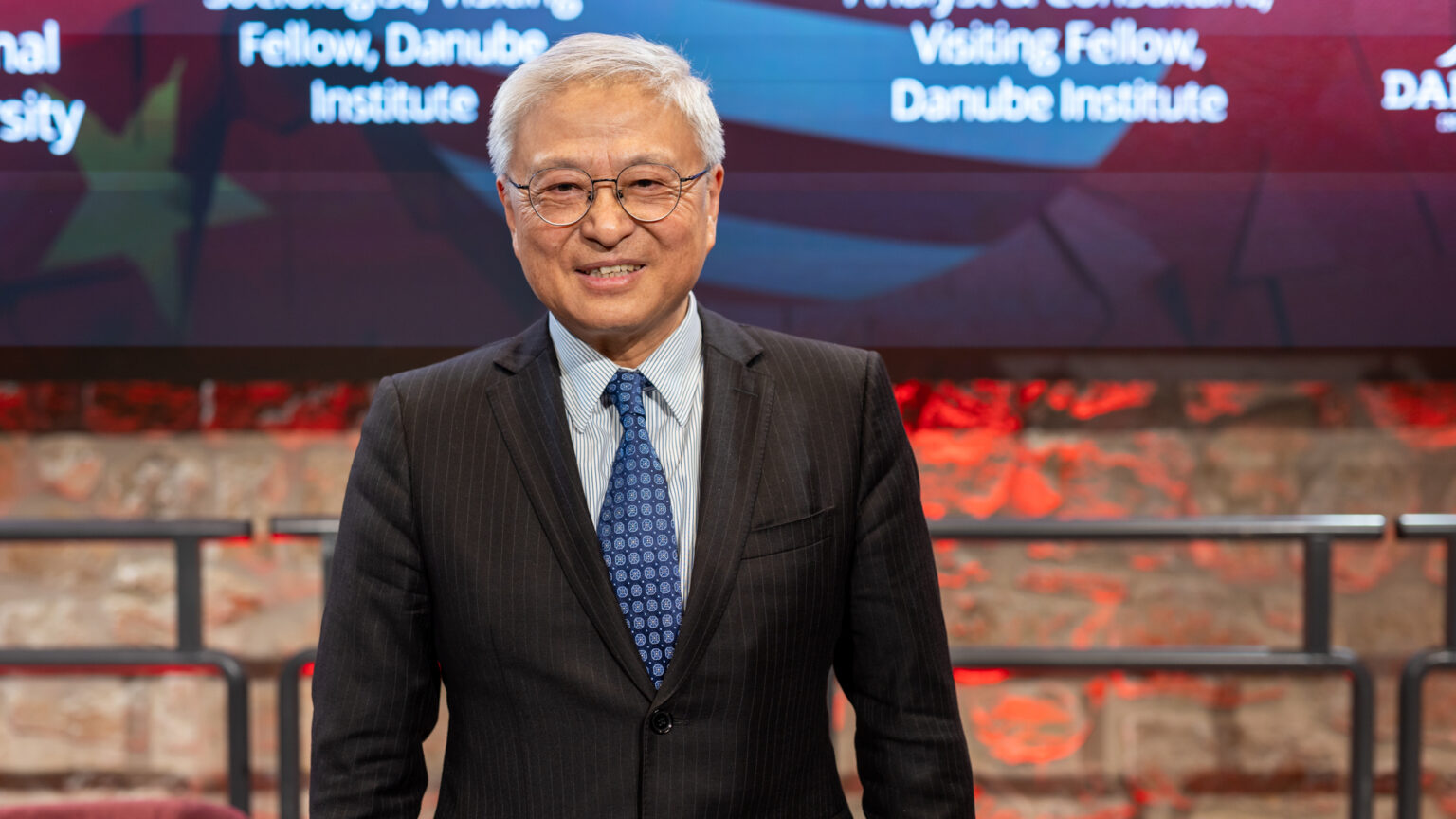
What is China: an enemy of Europe and America, or just a competitor, or maybe a friend or ally? Is it a real threat to the Western economy and security? What new world order does China want, and why is Hungary important for Beijing? We asked a prominent Chinese foreign policy expert about the nature of the rising star and the unstoppable giant, China.

‘I also loved music and singing, but my very busy parents didn’t notice my talent—they only paid attention to my sister’s beautiful voice. Back in Hungary, before we fled, she studied opera singing with a teacher while attending the Szent László High School in Kőbánya, Budapest. I loved listening to her and longed to have a voice like hers…It was only much later that it turned out I did.’
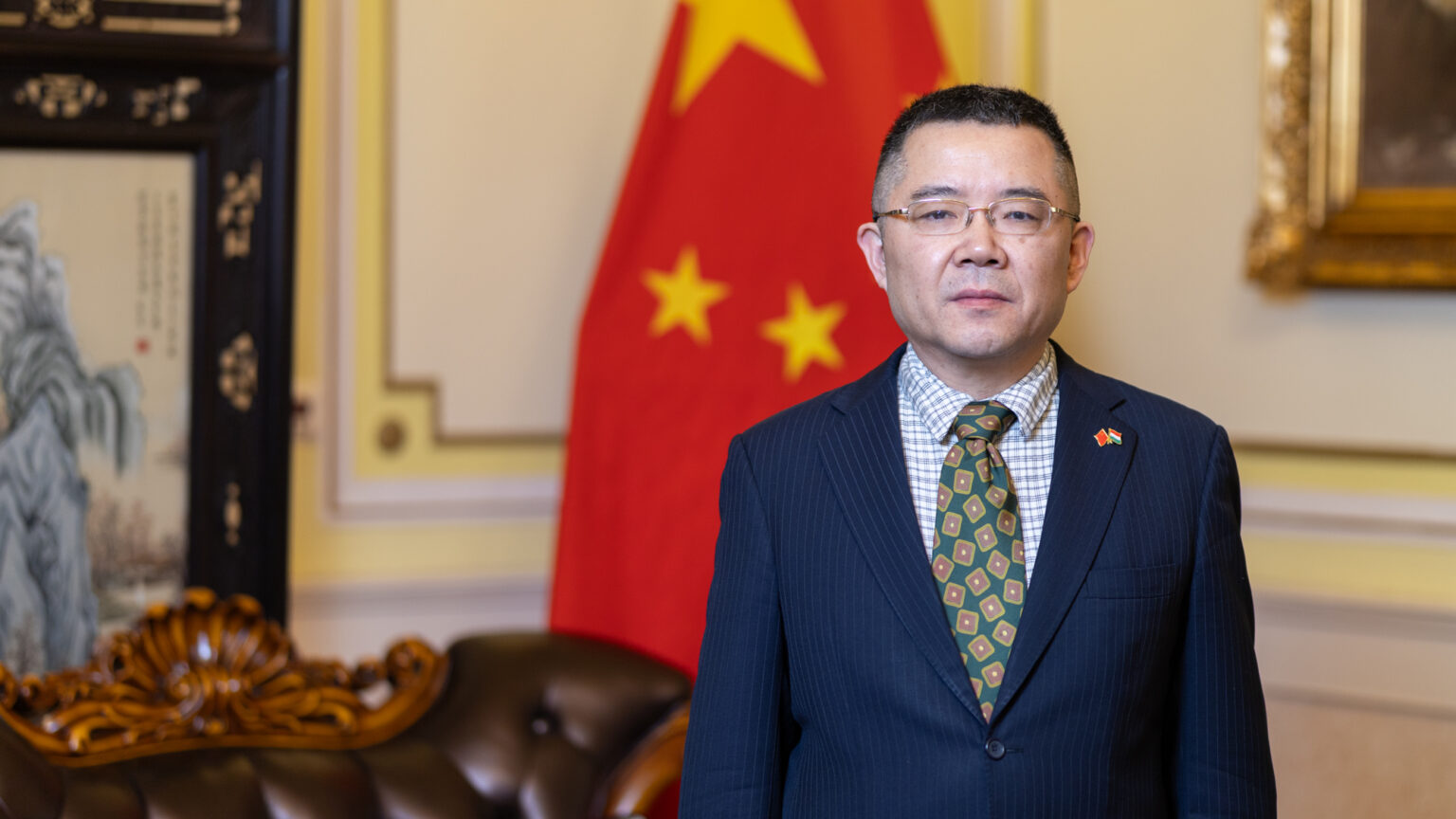
How does China plan to counterbalance the American tariff actions? Where can China find new markets for its products? What are the main goals of the Chinese foreign policy and neighbourhood diplomacy? And how does Hungary’s connectivity policy align with the Chinese strategy? The Hungarian Conservative spoke with the Chinese Ambassador to Hungary, Gong Tao, about the recent trade war.
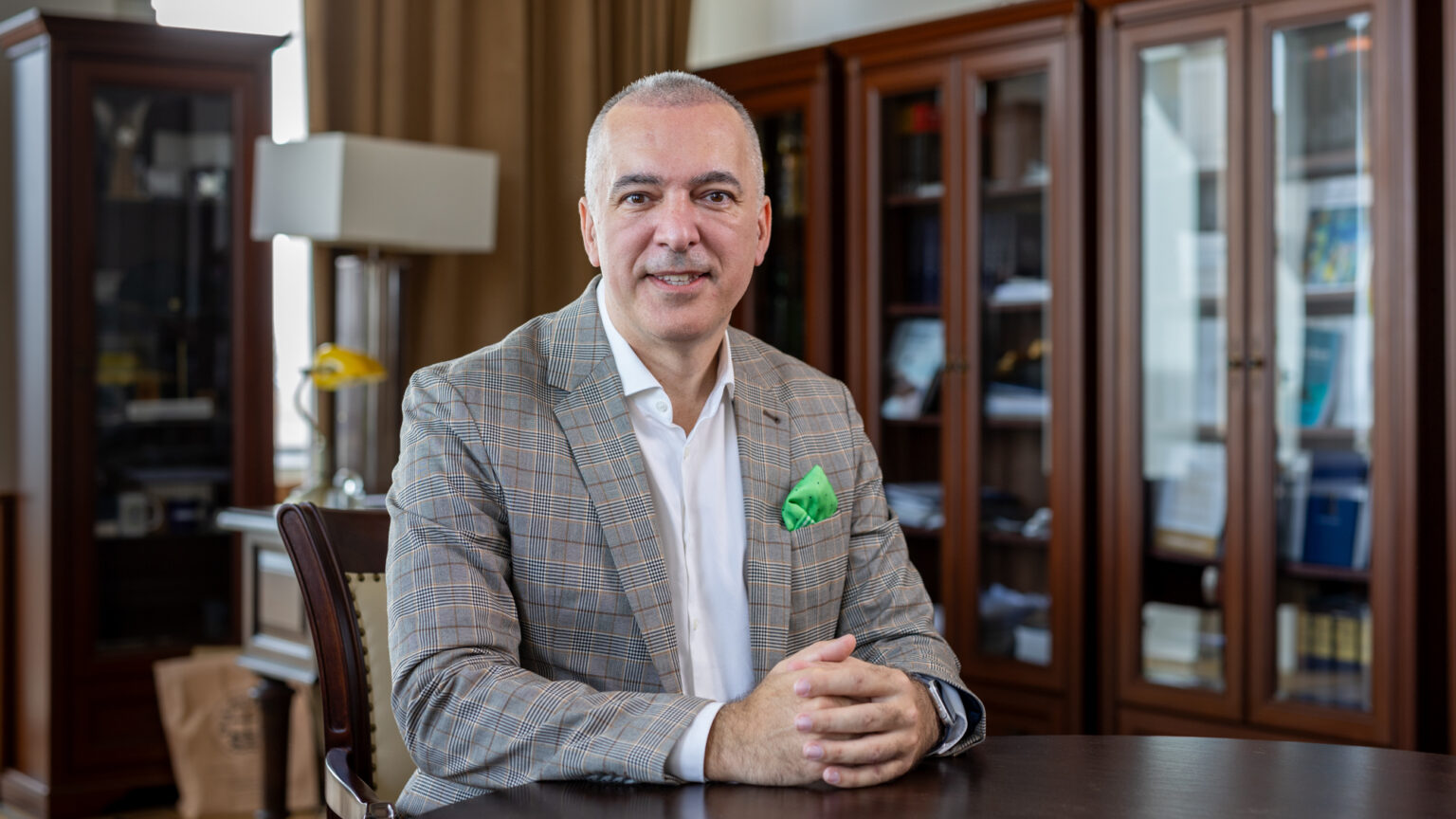
‘It is vital for the future that American companies do not see Hungary as a mere independent market, but as a regional hub with 120 million consumers from Poland to Greece,’ Martin Zsarnóczky stressed in an interview with Hungarian Conservative. The President of the American–Hungarian Chamber of Commerce in New York explained that their goal is to support the presence of Hungarian and European firms in the US market.
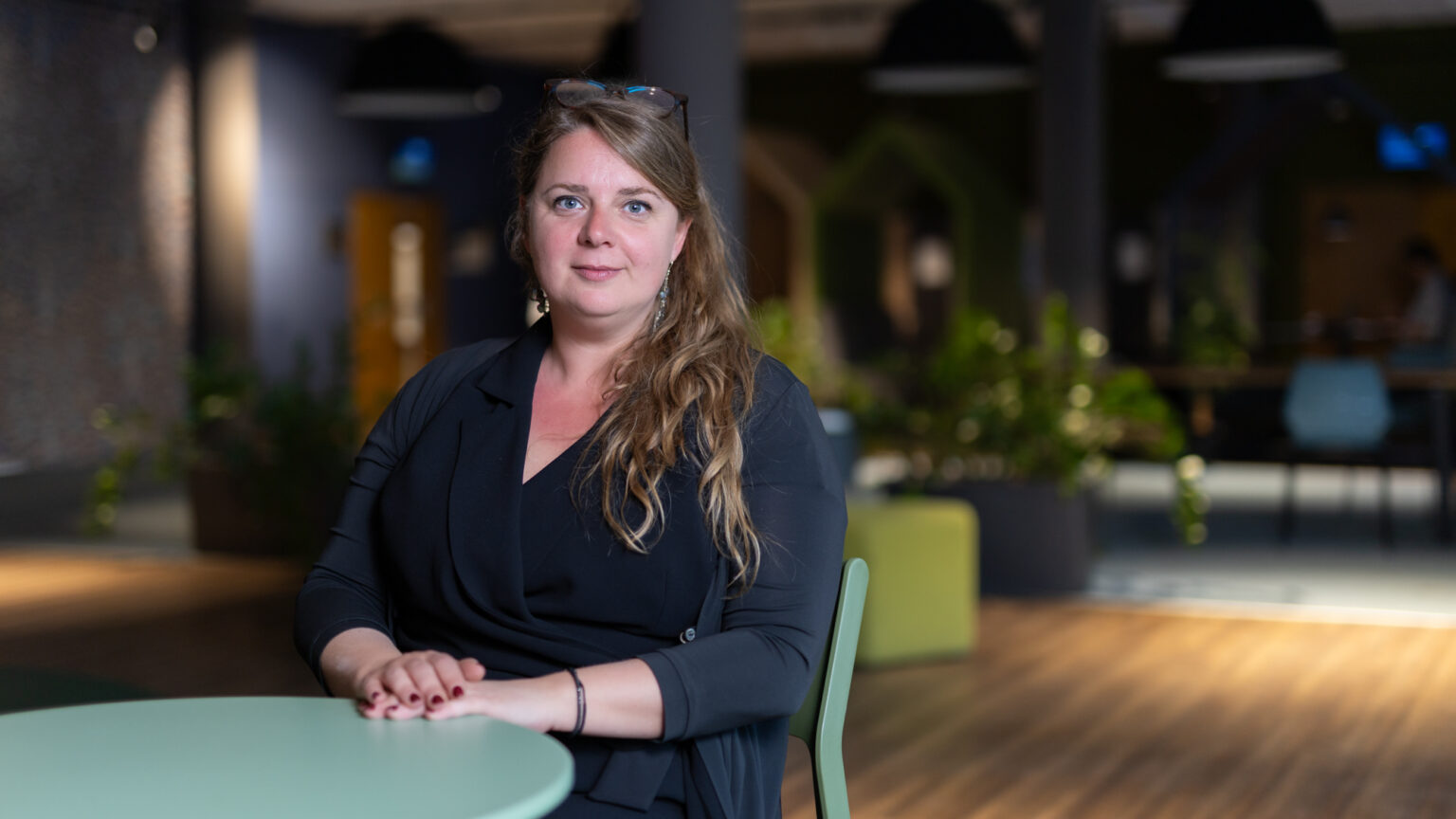
‘Migration is a great concern to us because we are one of the first countries for the migrants coming to Europe. So we have a huge number of migrants, and probably Italians feel like they want to be left alone in addressing the issue, this challenge,’ Associate Professor at the University of Milan Benedetta Vimercati told Hungarian Conservative in an exclusive interview.

‘The real goal is to preserve Hungarian culture, and along with that, to teach these children to read and write Hungarian. By the end of the year, I noticed that they were paying attention to only speaking Hungarian—we even had a game for that—and there was one child who, at first, didn’t want to speak at all, but by year-end, it was hard to keep him silent.’
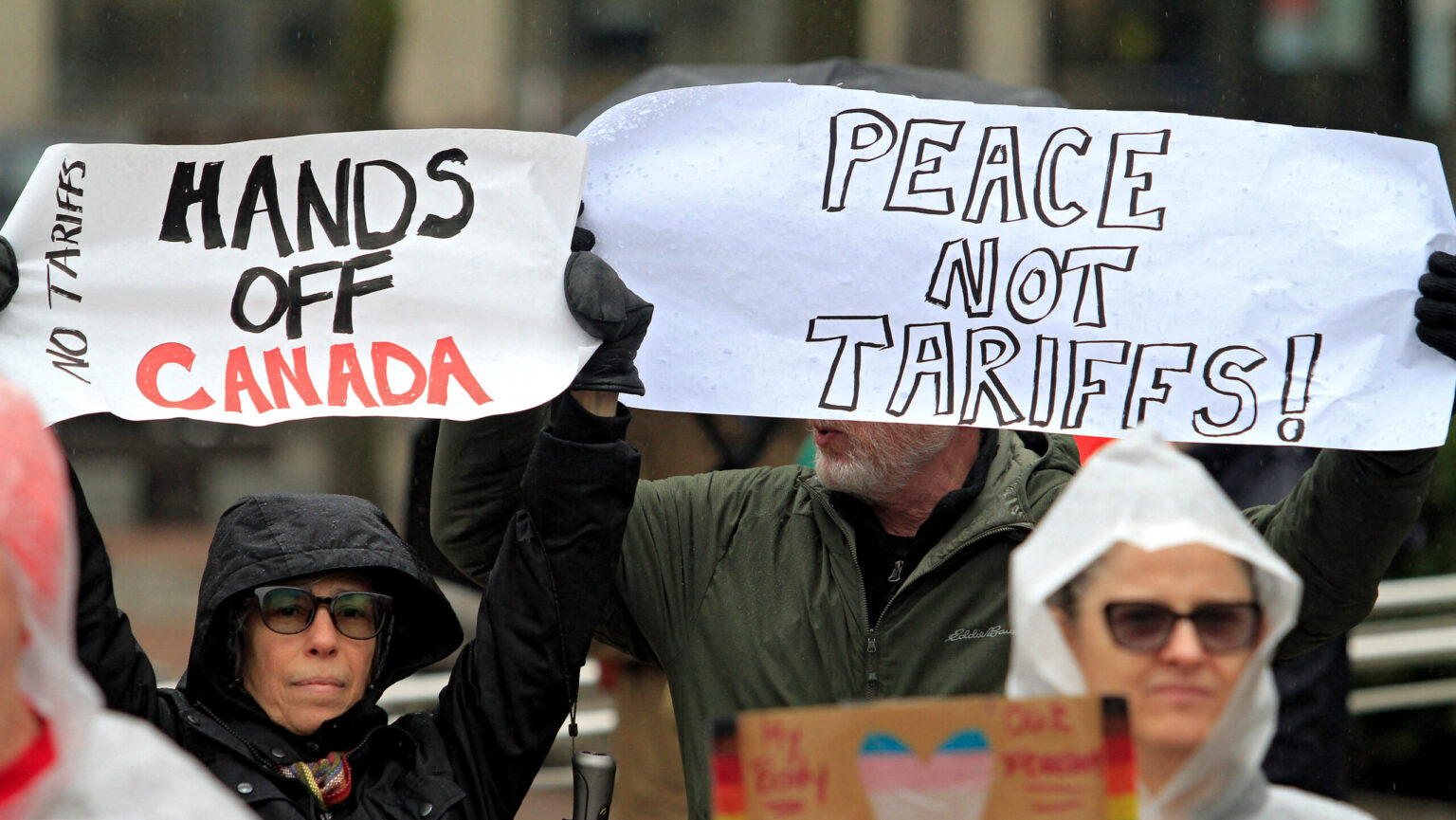
‘President Trump’s confrontational approach to reshaping the global economic order has inadvertently revived support for elites, institutions, and incumbents—undermining populist conservatism around the world,’ noted Samuel Duncan, a senior Canadian conservative adviser, in an interview with Hungarian Conservative. Reflecting on the recent election results in Canada, Duncan emphasized that conservatives globally must recalibrate their strategies to respond effectively to these developments.
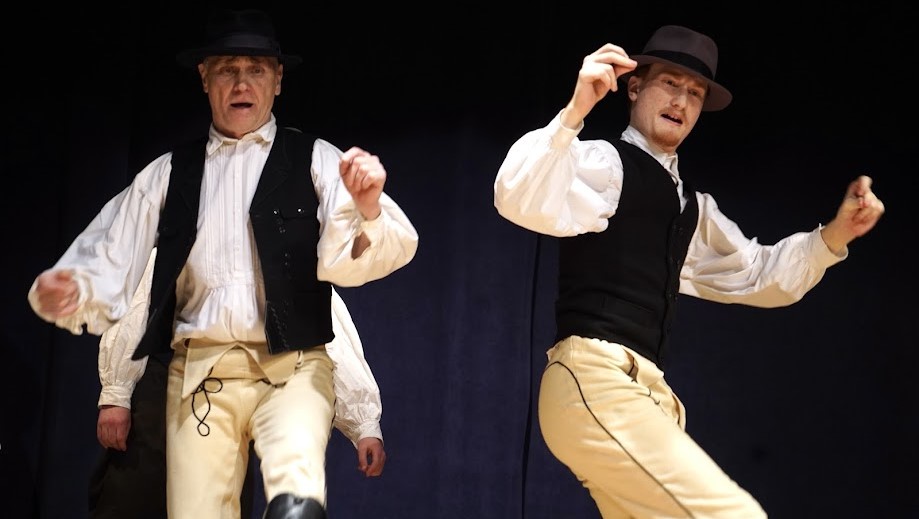
‘I didn’t really form any deep-lasting friendships with any of my schoolmates…Of course, things like math homework or sports can be common topics, but I don’t have real personal connections with them. All my relationships are tied to Hungarians. I go to school because I have to—but otherwise, I’m here, in the Hungarian community.’
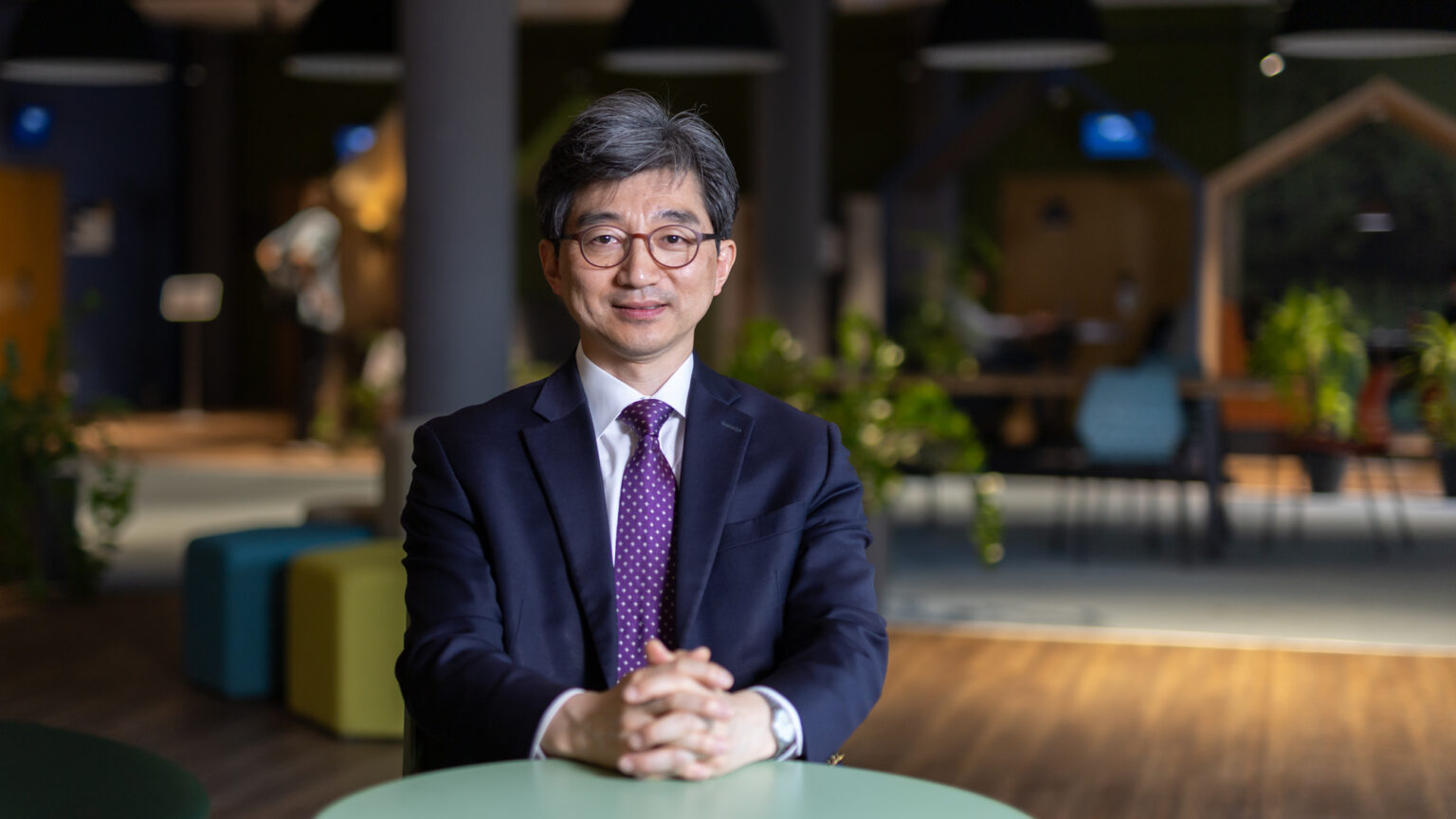
‘South Korea has the lowest birth rate of all OECD countries. Yet the court recognized a relationship that doesn’t have even the possibility of contributing to…the very survival and the existence of the human race…and treats that relationship in the same brush with the one that has that possibility of carrying on the human race. To me, it is a very bad legal reasoning.’
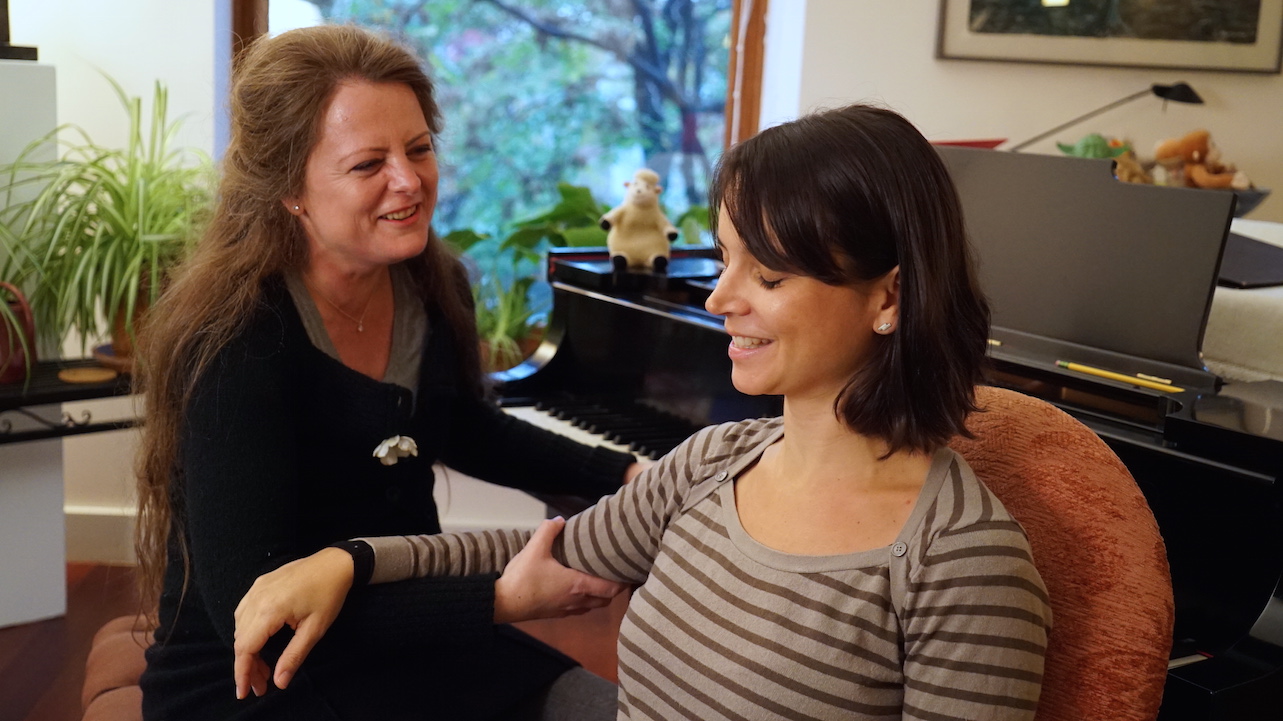
‘My primary goal is to make people aware of the existence of this singing pedagogy…The Libero Canto approach presents a completely different paradigm that hasn’t entered the mainstream, because traditional singing schools have a very tight pace of teaching, there are tough exams and performances, which we don’t have because we don’t see the point, as everyone develops at a different pace.’
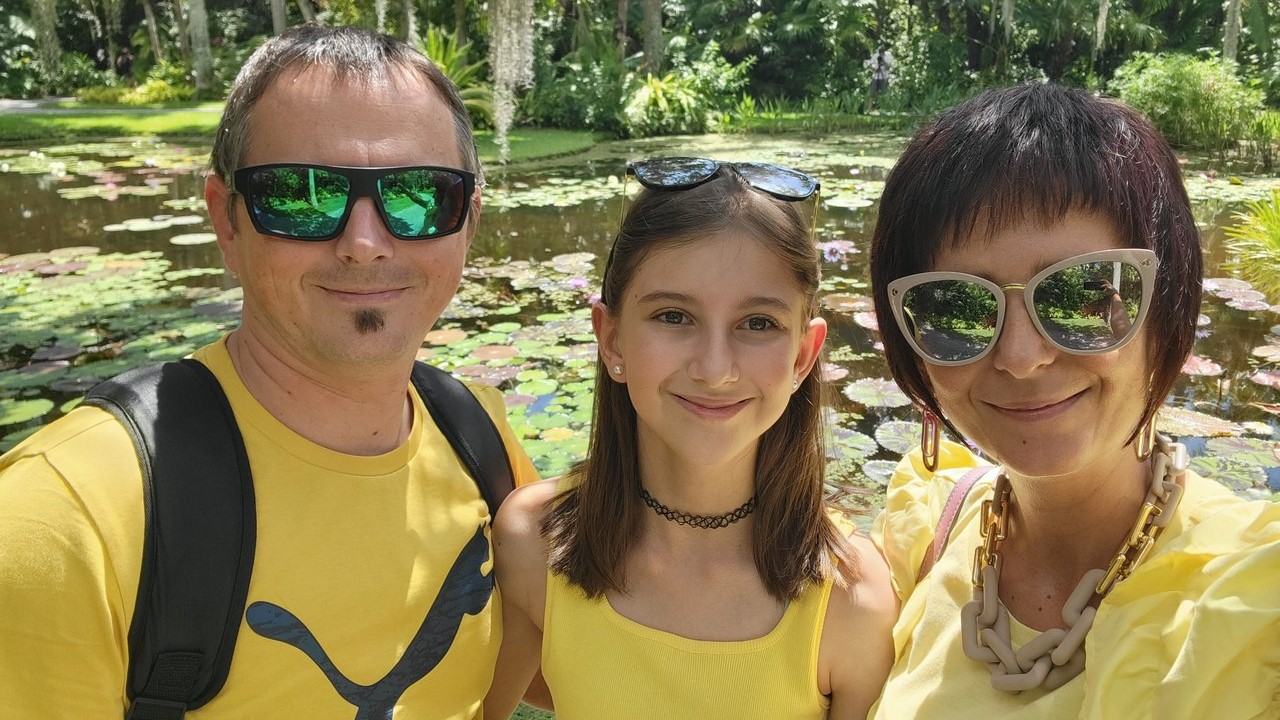
‘The support and spiritual guidance we received from the Krasznai and Bőjtös families helped us tremendously in adjusting to our new life. Even though I had already served as a pastor for 14 years, the first six months were not easy. I learned a great deal, which helped me understand both the social and religious life here.’
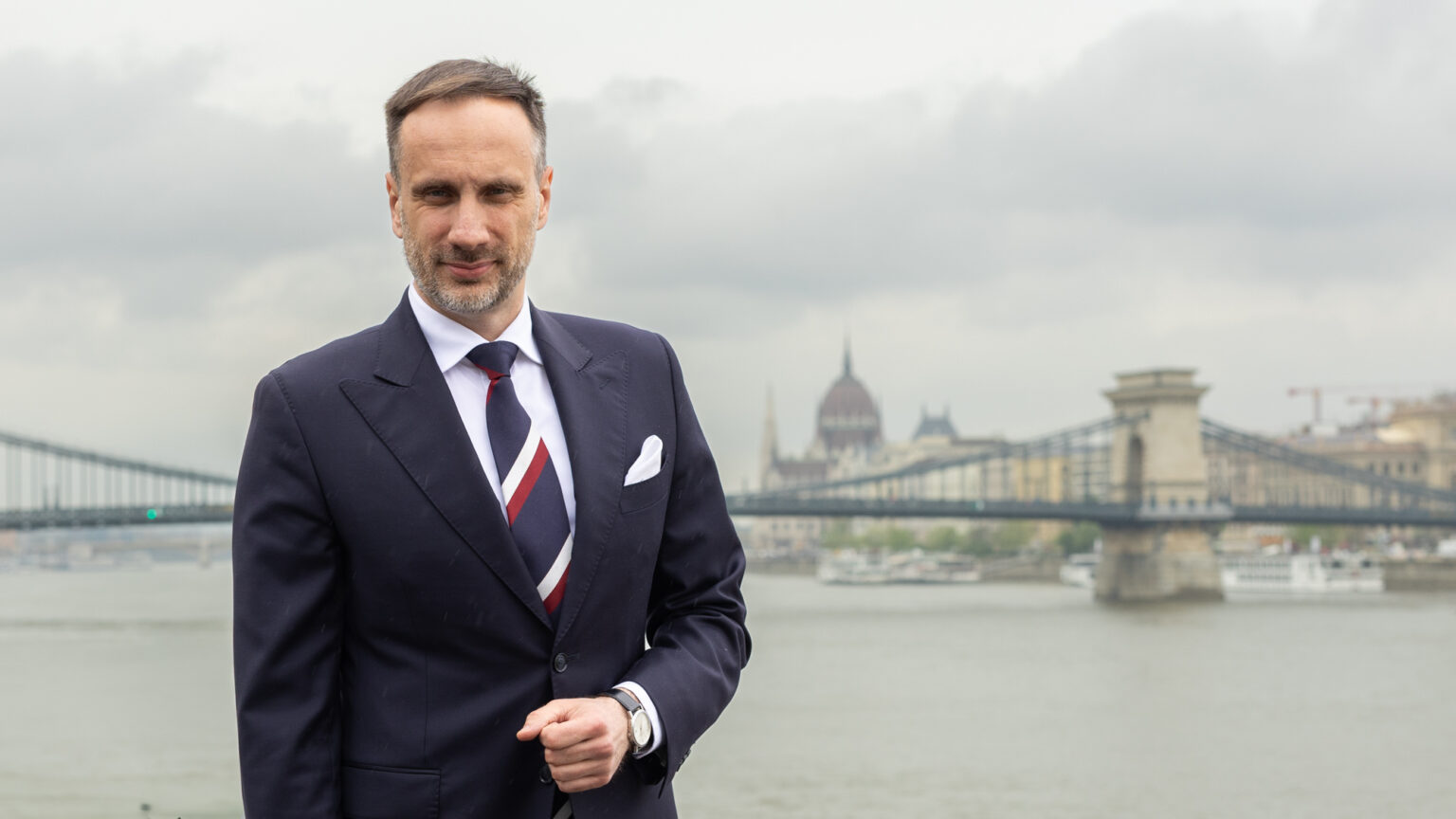
‘Certain forces, possibly linked to Brussels, might attempt to interfere with the democratic voice of the Polish nation,’ warned Law and Justice (PiS) lawmaker Janusz Kowalski in an interview with Hungarian Conservative. In the conversation, Kowalski discussed the prospects ahead of the upcoming presidential election in Poland and also addressed the current state of Polish–Hungarian relations.
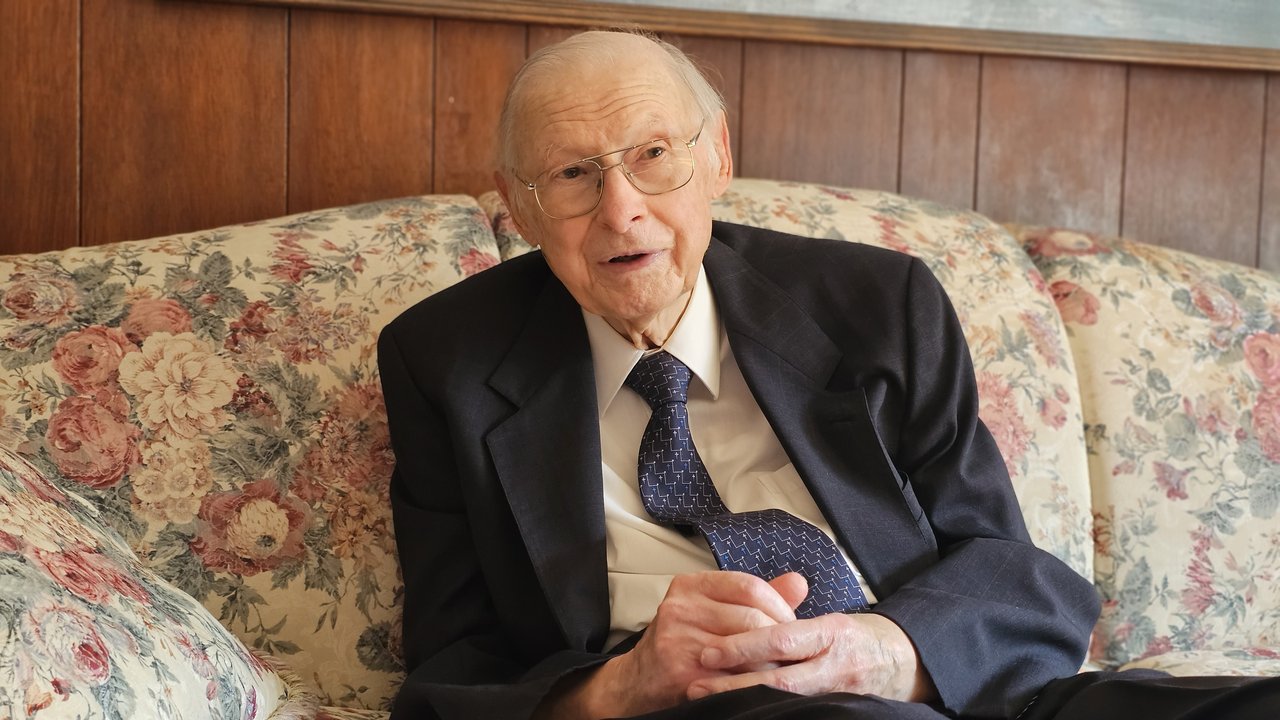
‘My parents attended the local Hungarian Reformed church, and I began attending as well. I saw how much these people needed spiritual life. They went to church out of habit and followed traditions, but they lacked true spiritual vitality. That’s when I became a Hungarian Reformed pastor. I realized that my mission was right here—I didn’t need to go any farther.’

‘Brick by brick, pew by pew, bell by bell, we dismantled the old church and transported it to Arad. It was an amazing feeling to save everything—the pulpit, communion table, Moses seat, and bell! The Arad County authorities approved the plan, but Bucharest vetoed it. That was the final blow that broke my father’s spirit…’
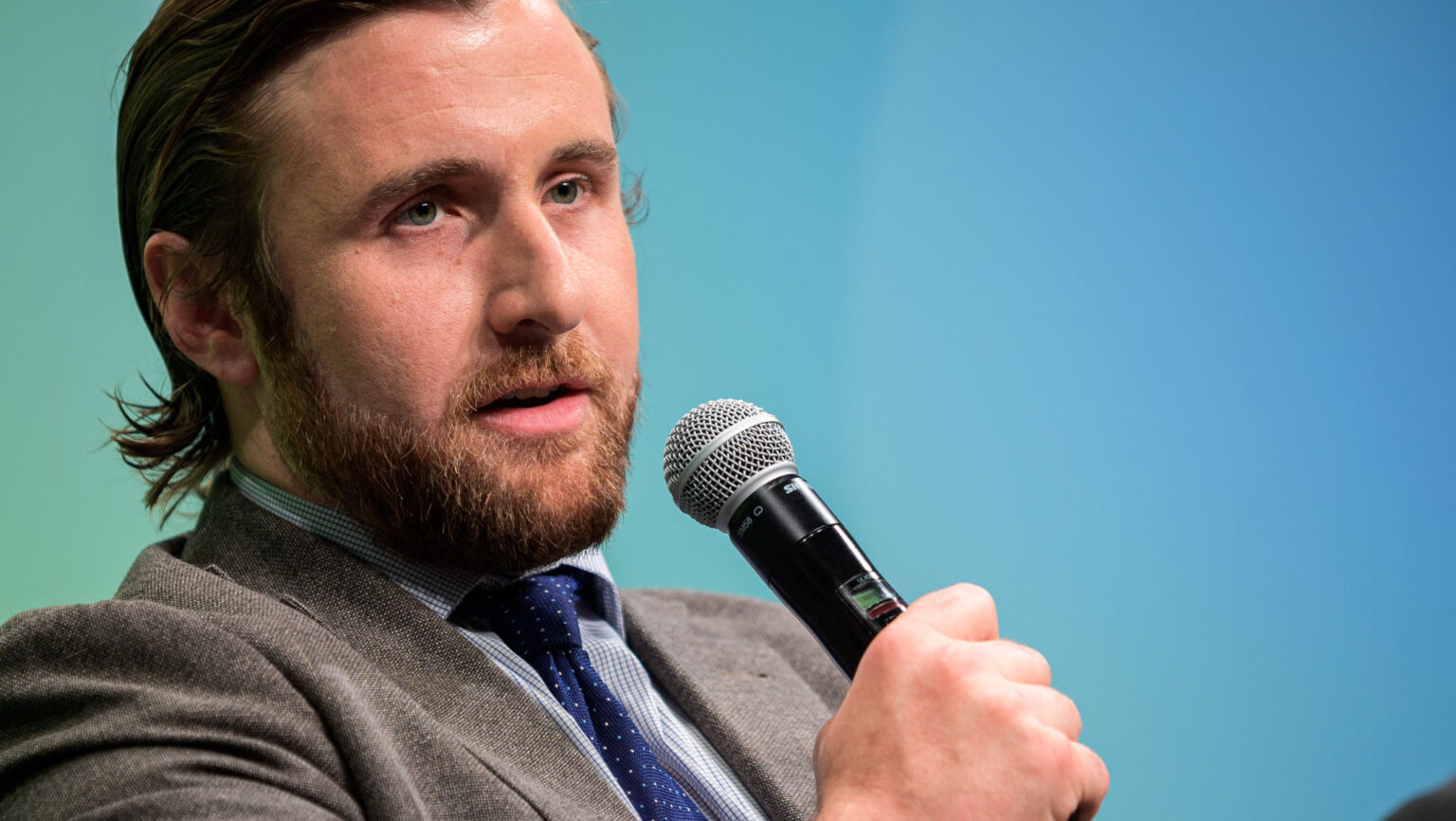
‘I believe we are entering a period—certainly by this time next year—when the choice between China and the United States will be on the table. And I do think Hungary will ultimately have to choose,’ Director of the American Military Project at The Claremont Institute’s Center for the American Way of Life argued in an interview with Hungarian Conservative.
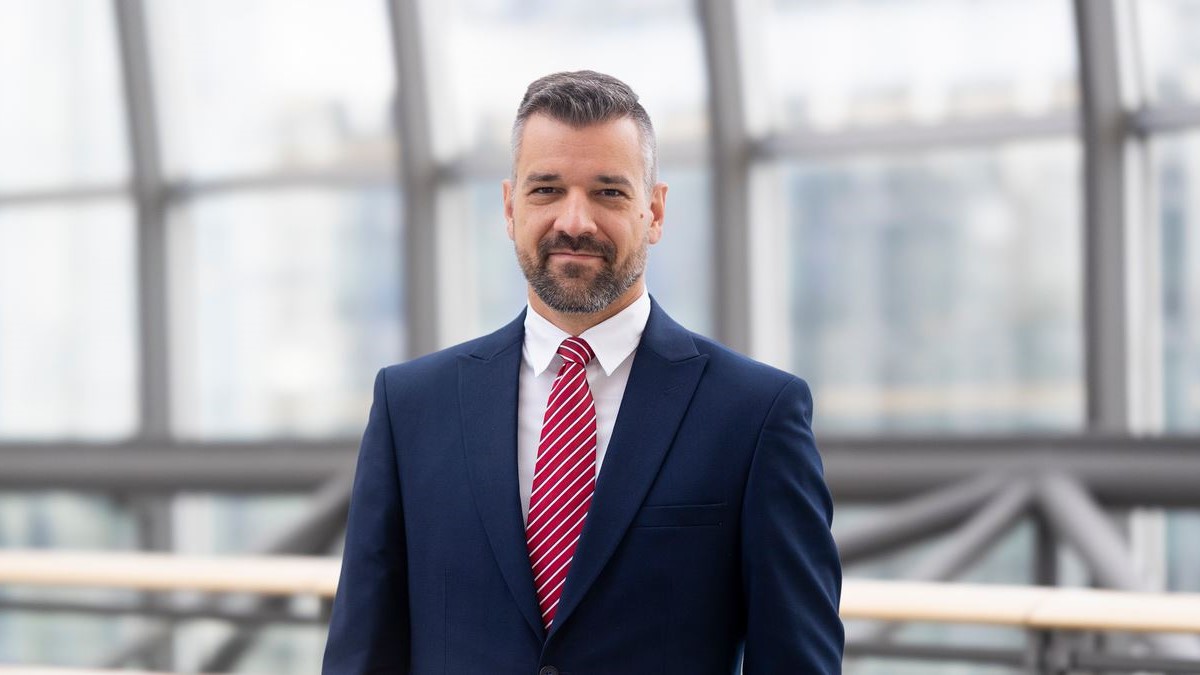
‘Funding anti-government media and NGOs in developed countries…is not genuine development activity but political interference. The term “NGO” literally means “non-governmental organization”. However, practice shows that thousands of European NGOs struggle without American government money,’ government commissioner András László has told our site.
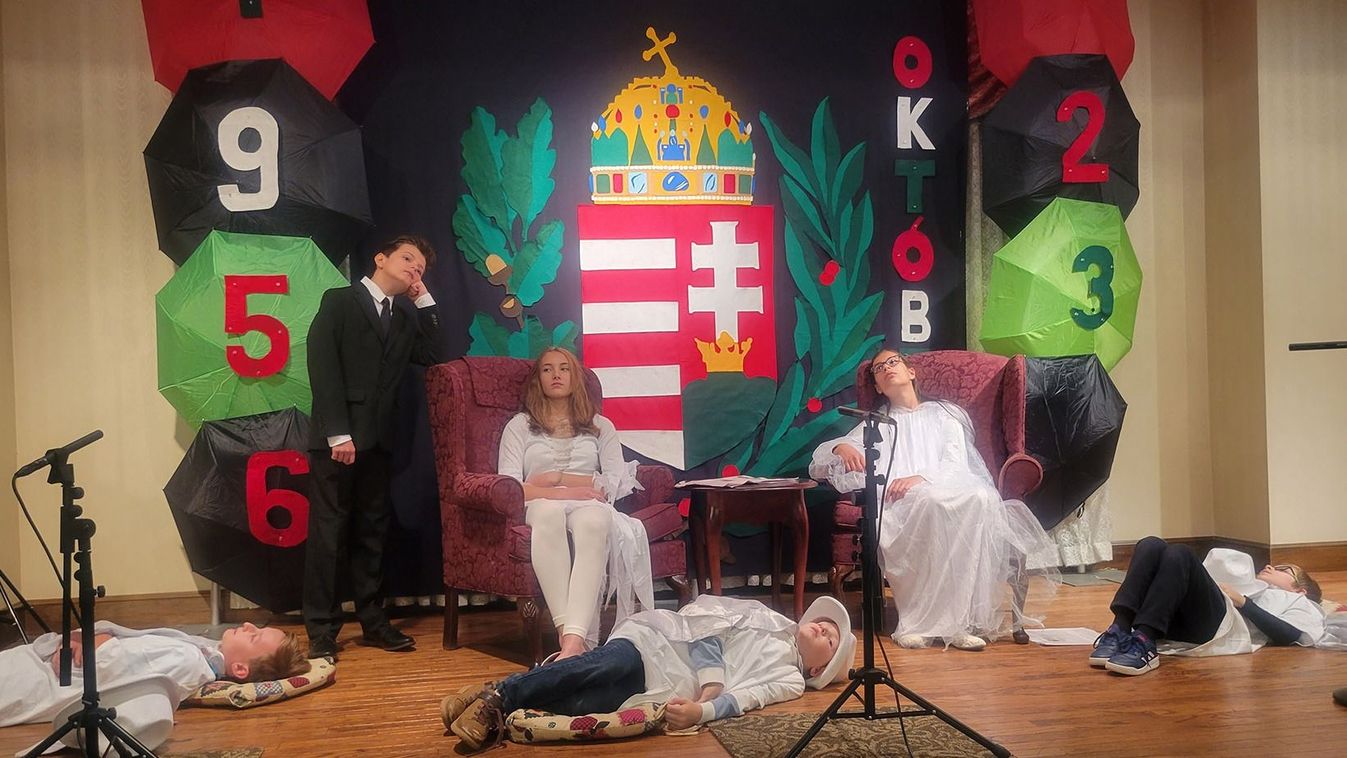
‘I’m proud that they speak two languages fluently. But we cannot take away from them the fact that they also love the place where they grew up, which is a part of their personality. Having an American identity doesn’t mean they lack a Hungarian one. In fact, I believe they are twice as rich, both emotionally and culturally—if we do it right.’

‘Bosnia and Herzegovina is facing the most serious constitutional crisis since its inception, and this crisis will be resolved through political and legal means,’ President of Republika Srpska Milorad Dodik told Hungarian Conservative. In the interview, the Bosnian Serb leader—currently facing two arrest warrants—sets out the lesser-known perspective of the ongoing tensions in the Western Balkans.
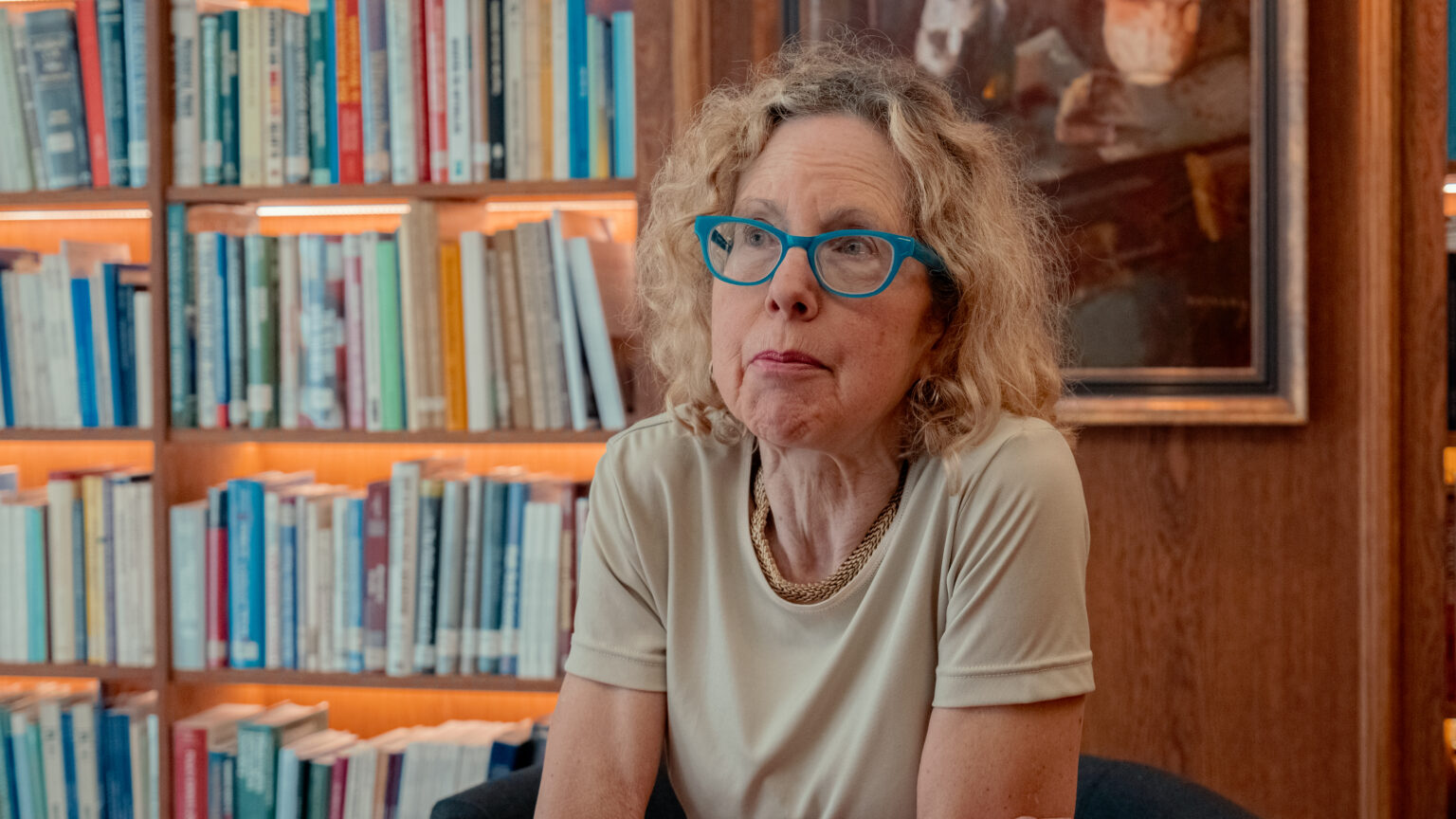
Why are children conservative creatures? Which has better statistics: the conservative or the liberal family model? And should the state interfere in family matters despite the old Republican concept? We talked to the Fellow of the Manhattan Institute about family policies and realities at the Danube Institute’s Family Formation conference in Budapest.
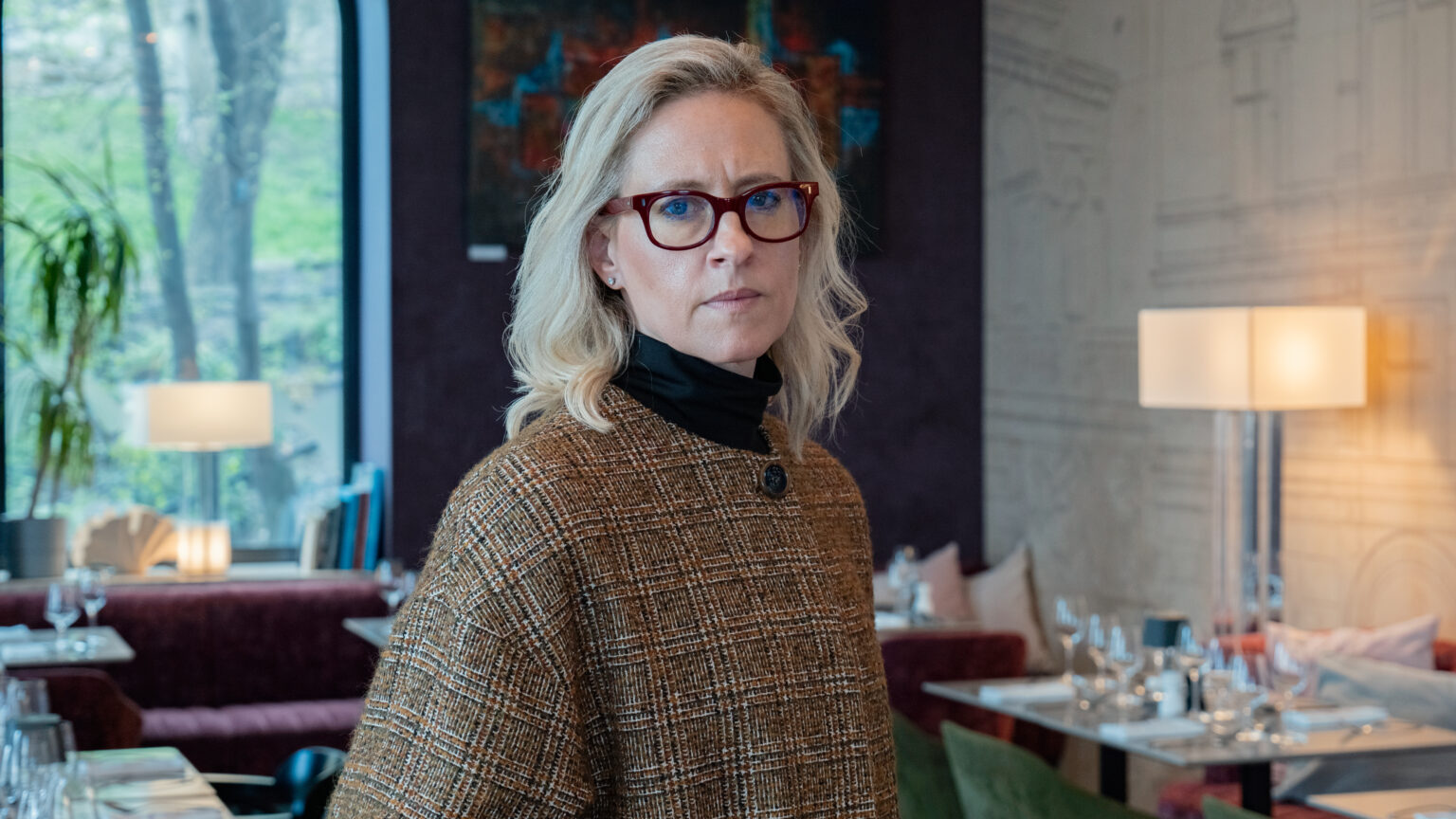
What does a woman learn about life after being a mother of eight children? How can we protect our children from external sexual ideological stimulations? And how can the state assist in protecting families and children? We asked the Professor of the Catholic University of America about family matters at the Danube Institute’s Family Formation conference in Budapest.
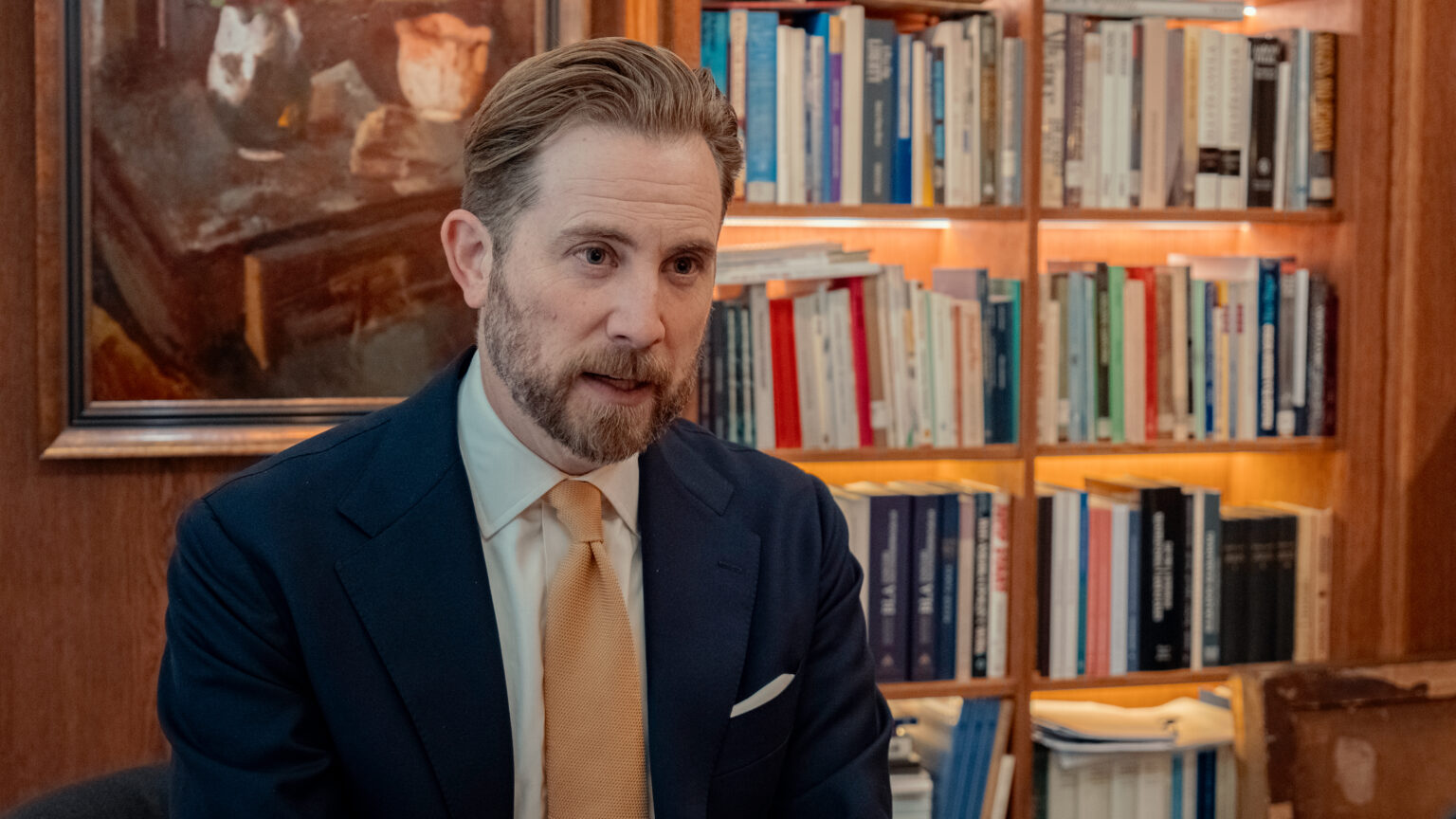
Is there any element of the Hungarian regulations on family that can be incorporated into American law? What damage has the erosion of family values caused to the mentality of young Americans? We spoke with the former Deputy Assistant to President Trump about ‘family lives matter’ and the new right generation at the Danube Institute’s Family Formation conference in Budapest.
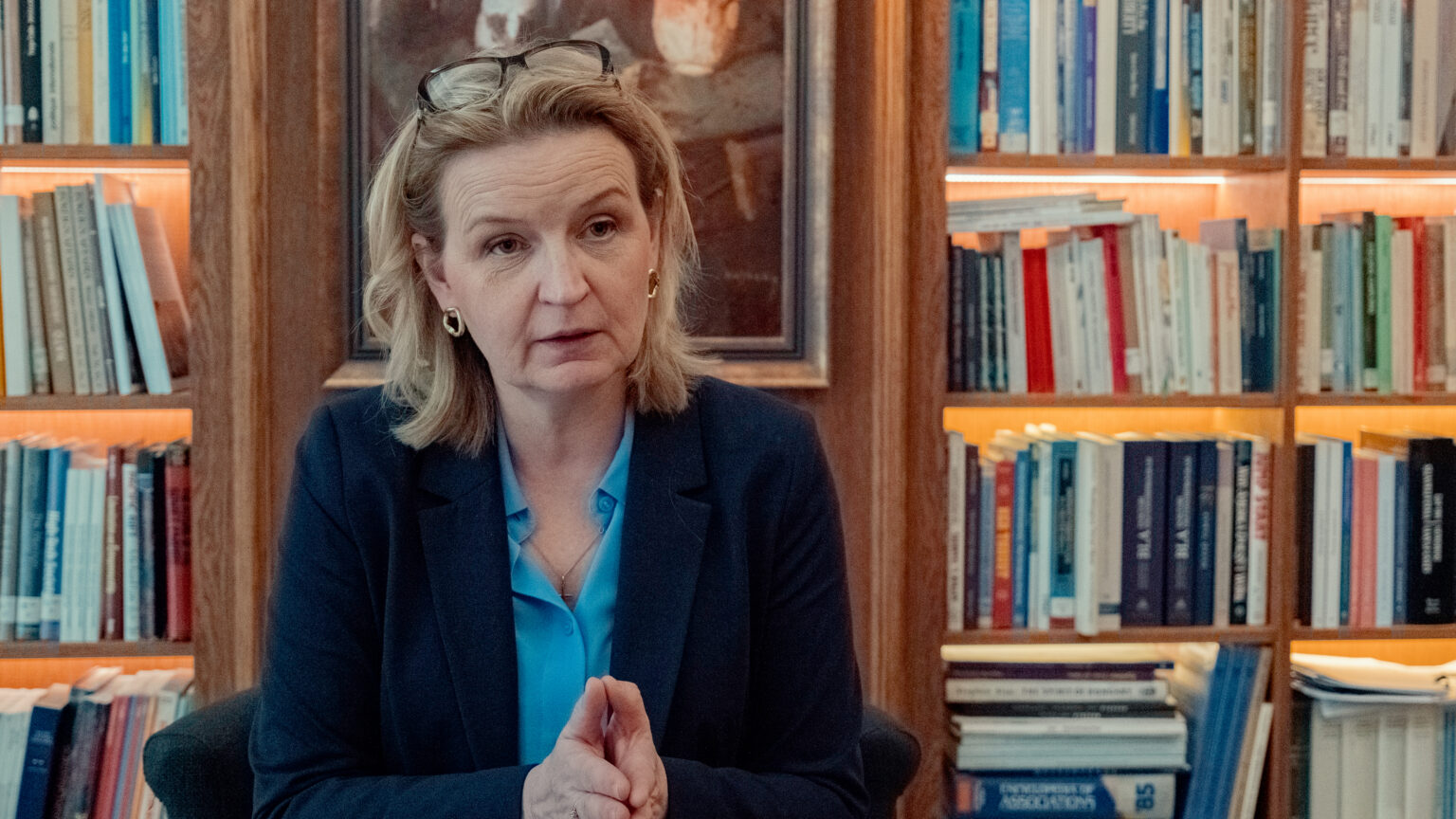
‘Some left-wing think tanks in Poland are even saying we should stop trying to reverse demographic trends and instead “adjust” to depopulation. That’s like admitting defeat. It’s promoting a losing strategy,’ former Polish Deputy Minister of Family and Social Policy Barbara Socha highlighted in an interview with Hungarian Conservative.